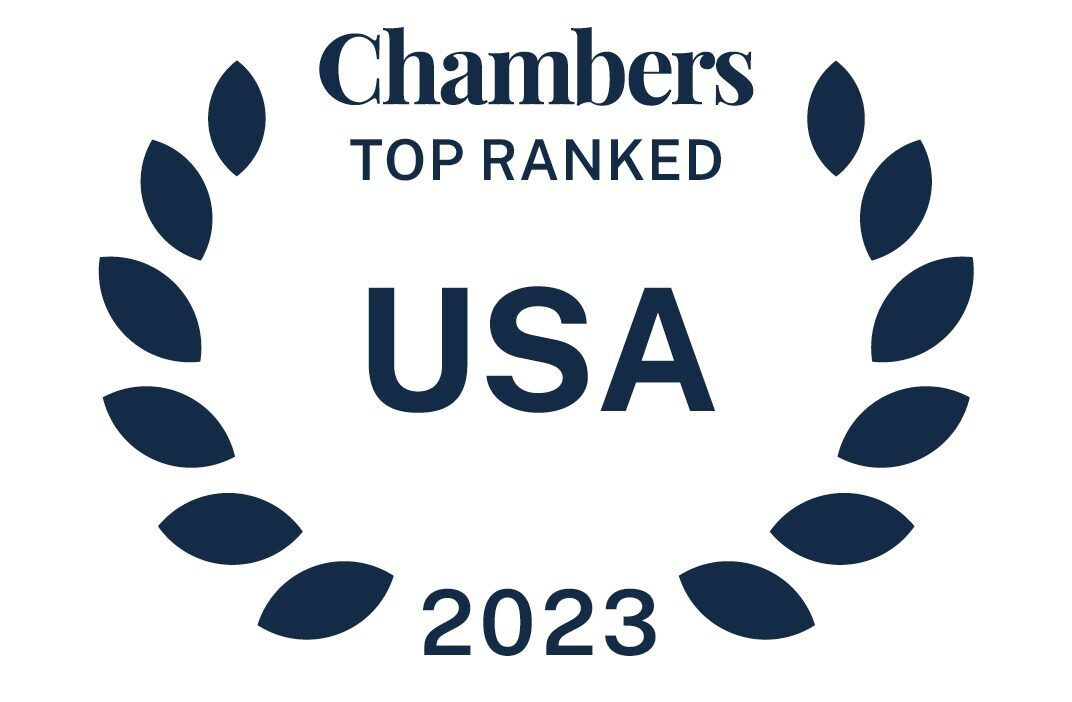Trending in Telehealth is a new series from the McDermott digital health team in which we highlight state legislative and regulatory developments that impact the healthcare providers, telehealth and digital health companies, pharmacists and technology companies that deliver and facilitate virtual care.
Trending in the past week:
- Interstate Compacts
- Medicaid and Private Payor Reimbursement
- Prescribing
- Health Practitioner Licensing
- Behavioral Health
A CLOSER LOOK
Finalized Legislation & Rulemaking
- In Virginia, the governor signed two bills into law: House bill 1602 (HB 1602) and Senate bill 1418 (SB 1418), which together amend the Medicaid state plan. The bills specify that a healthcare provider duly licensed in the Commonwealth of Virginia who provides healthcare services exclusively through telehealth services is not required to maintain a physical presence in Virginia to be considered an eligible provider for enrollment.
- In Tennessee, two bills were enacted and signed by the governor: House bill 895 (HB 895) and Senate bill 680 (SB 680). Together the bills clarify that the Medical Assistance Act of 1968 does not require a vendor, healthcare provider or telehealth provider group that provides healthcare services exclusively via telehealth to have a physical address or location in Tennessee in order to be eligible to enroll as a vendor, provider or provider group under the state’s medical assistance program.
- South Dakota enacted House bill 1183 (HB 1183), which authorizes the state to participate in the interstate compact on occupational therapy licensure. The bill aims to ease the burdens of the licensing process and facilitate multijurisdictional practice for practitioners providing occupational therapy services in person and via telehealth services.
Legislation & Rulemaking Activity in Proposal Phase
Highlights:
- In Arizona, a Senate bill (SB 1218) passed both chambers and would permit physicians to establish a doctor-patient relationship through “telehealth,” which includes asynchronous store-and-forward technologies, remote patient monitoring services and audio-only telephone encounters. This bill would expand the current law, which only permits real-time audio-visual services to establish a doctor-patient relationship.
- A Vermont bill (H 411) proposes to extend the state’s telehealth COVID-19 registration for out-of-state healthcare professionals until a permanent telehealth licensure and registration system is operational. The registration, currently set to expire on June 30, 2023, expedites the licensure process for out-of-state healthcare professionals to provide telehealth services in the state. The bill also would extend waivers of certain telehealth requirements. For example, the bill would clarify that the state will not penalize providers for using telehealth services that do not comply with the requirements of the Health Insurance Portability and Accountability Act of 1996. The bill states that the extension of waivers is subject to federal law or guidance regarding enforcement discretion.
- A Washington Senate bill (SB 5036) passed both chambers and would extend the timeframe in which real-time telemedicine services can be used to establish a provider-patient relationship. Under the bill, a [...]
Continue Reading
read more


 Subscribe
Subscribe

